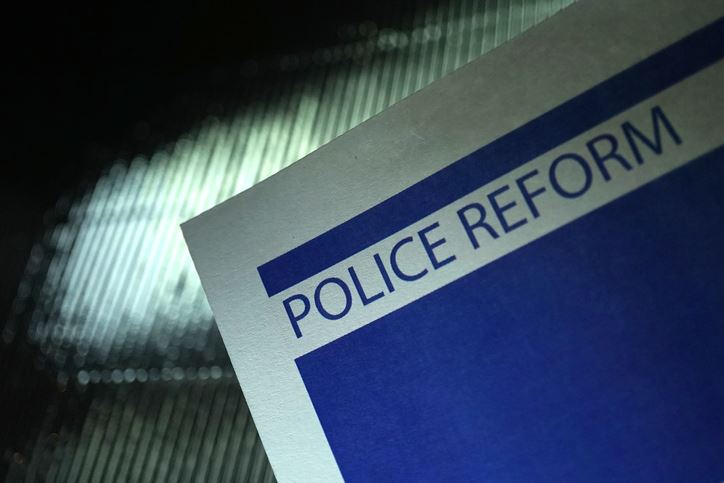In part two of this series, we continue to take a closer look at some of the major police reforms taking place on March 1, 2021. The changes are so widespread that policing in Virginia looks like it’s going to become a very different process. These are the new laws that we didn’t cover in Part 1.
The Attorney General May Investigate Local Police Departments
This law was passed in response to controversies surrounding Portsmouth Police Chief, Tonya Chapman. The story goes that in her entire time as police chief she was barely able to achieve anything, which she owed to racism within the department. Since there was a lack of centralized oversight, Chapman was forced out, she says.
To curb this and other such injustices, the Attorney General’s office may now launch investigations. They may look into any area of police authority for patterns of unfair and unlawful behavior. If patterns are found, the Attorney General may file civil suits against said organizations.
Officers May Not Have Sex with Detainees
This one may seem obvious, but it wasn’t obvious enough to be ignored. Any law enforcement figure in any position of power over someone else cannot engage in sexual intercourse with that person. It doesn’t matter if the sex is consensual. It doesn’t matter if the person is a prisoner, a parolee, or just in custody. Once that power dynamic is in play, sex is not.
Limiting Chokeholds
The legal definition of a chokehold qualifies any body part or object applied to the neck for purposes of restraint. Chokehold maneuvers have not been outrightly banned, but they are now more stringently controlled. Police may not execute a chokehold unless they or someone else are under immediate, serious threat.
This rule is still controversial to some. Given the growing distrust of police across the nation, there are those who argue that an officer can claim that any chokehold was necessary. There is a fear that the law is too broad and permissive, and that some police may take advantage.
Fortunately, the new laws include another provision.
Officers Are Required to Intervene in Excessive Force
When one officer witnesses another engaging in excessive force, that first officer’s duty is to get involved. They are to stop it and keep it from happening any further. Furthermore, they are required to provide aid to the victim within their ability. They are also expected to report the excessive force to their superiors.
Certainly, there are detractors who worry about the “band of brothers” culture of cops protecting one another, even in the face of clear guilt. This is a valid concern worthy of consideration and debate, but a move toward “police policing themselves” is a clear step in the right direction for those who have been protesting and begging for change.
The Law Office of Ann Thayer, PLLC will be keeping a close eye on these changes as they develop. If you believe you have been mistreated by the police, we are here to help. Contact us online, or call (703) 940-0001 for a free consultation at no risk to you.


